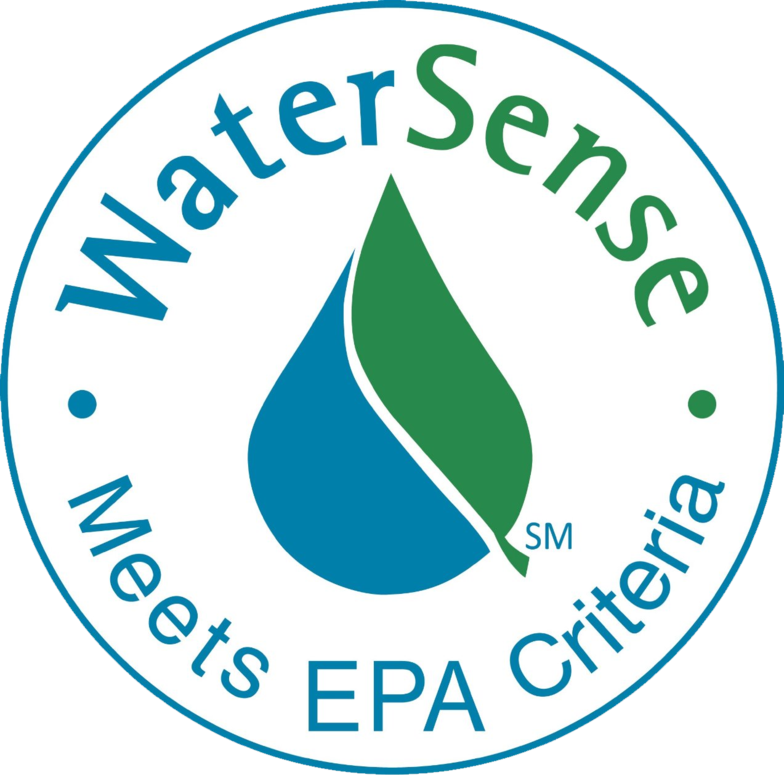
The Town of Orangeville is dedicated to providing safe, clean water. We take pride in our drinking water system and in finding innovative ways to preserve and protect our waters. Our Source Water Protection Plan plays a major part in caring for this natural resource for our Town.
Water conservation is about more than just preserving our water sources. It informs every aspect of water usage in our Town, from managing wells and standpipes to teaching our community how they can contribute.
At home, there are countless ways to help conserve water. Whether working around the yard, cleaning up outdoors, or doing daily chores in your house, being mindful of water use can make a significant difference.
How can you help to conserve water?
Conserving water can sometimes seem like a daunting task, but often the changes we make are small in nature but big in impact. Here are some of the things to consider at home, in your yard, and in your workplace.

Watering your lawn
Lawn watering plays a significant role in water conservation efforts, environmental sustainability, and keeping your grass and yard healthy.
The Town of Orangeville’s Lawn Watering By-law (By-law 2024-040) regulates the use of water for lawns and gardens.
What you need to know:

Rain Barrel Subsidy Program
The Town of Orangeville is once again working with third party vendor, RainBarrel.ca, to assist in making rain barrels more affordable and accessible for our residents.
This partnership is a simple way to support our ongoing efforts to conserve water. We know rain barrels can be incredibly pricy, but they also play an important role in reducing the use of hoses and sprinkler systems.=.
Rain barrels help save water by collecting rain to reuse for watering flowers, hanging baskets and gardens.
Please note: The prices of the rain barrels showing in the catalogue are the regular price. The subsidy will be applied at the point of checkout.
Important program information
- A limited number of subsidies available
- Delivery details willl be available at rainbarrel.ca/Orangeville
- You must live in the Town of Orangeville and use town water
- Your address must be linked to a water meter account
- The subsidy is $50
- One subsidy per household
Frequently Asked Questions
By-law Enforcement
With the implementation of the new By-law, our focus will be on education ahead of any enforcement. Our Bylaw and Public Works staff will help residents understand the new Lawn Watering By-law (By-law 2024-040) and how it applies to any watering they may be doing.
Well 10 Shutdown
Update May 2024
Well 10, located in the Rolling Hills area, is still offline.
The Town has undergone a pilot study in order to determine the best current technology and filtration system for the water source and has identified a preferred option.
We are working on obtaining approvals from the Ministry of Environment, Conservation and Parks for upgrading the filtration system.
Background
On June 30, 2023, we received reports of water discolouration in the Rolling Hills area.
Investigations determined the filtration equipment for Well 10, which services this area, was no longer removing iron and manganese from the water as well as it should and Well 10 was removed from service.
Ongoing water testing indicated water in this area (and throughout the Town of Orangeville) is safe. Iron and manganese have no current maximum acceptable concentration limit (O.Reg. 169/03 Ontario Drinking Water Quality Standards), only aesthetic objectives.
Well 10 is responsible for providing 11 per cent of the Town of Orangeville's water, which means conservation during the shutdown is even more important.
Toilet rebate program
The Town of Orangeville offers a toilet rebate if you replace an old toilet with a water efficient toilet. Learn more about the toilet rebate program and find out if you are eligible.

